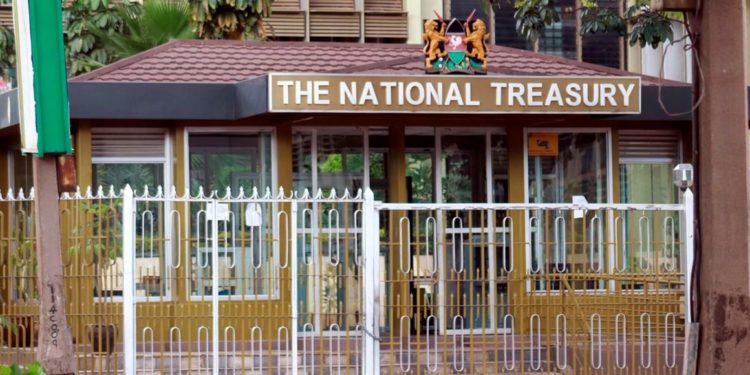To avoid the risk of spying on communications by the Army and the National Intelligence Service (NIS) through exclusive access to phone and data networks, the Treasury purchased an additional 60% stake in Telkom Kenya. Former ICT Cabinet Secretary Joe Mucheru stated that the government had initially planned to create its own National Security Telecommunications Service to protect its communications from potential tapping by third parties via a network owned by investors. However, the National Security Council (NSC) authorized the purchase of the 60% stake from Helios Partners on national security grounds after the fund decided to exit the loss-making entity.
According to Mr. Mucheru, the NIS and KDF were constructing a new telecommunications infrastructure, which was going to be very costly. But when the opportunity arose to acquire a 60% stake in Helios, it was a great value for Kenya. He added that the government’s reacquisition of Telkom Kenya saved a significant amount of money that would have been paid to the private sector, which runs telecommunications services for the government. Sources at the Treasury believe that the security risks mentioned are similar to those that led to the blockage of the planned merger of Telkom.
Read: Telkom Kenya on the verge of losing its license on the back of high debts
Telkom Kenya is a critical provider of government communications services to various State functions such as the Office of the President, State House, government data center, Ministry of Interior, General Service Unit, Department of Defense’s restricted communications networks, and other critical state functions. The security organization was concerned that the proposed merger between Telkom and Airtel would make government communications susceptible to interception since the new joint venture company would not be under government control. The State initially had a 40% stake in Telkom Kenya.
Telkom Kenya’s data centers, data rooms, and base stations manage crucial security infrastructure, including carrier services, landing stations, undersea cables, and meet-me rooms, where telecoms firms connect to each other. This explains why the Treasury had to fully acquire Telkom Kenya.
Email your news TIPS to editor@thesharpdaily.com
















